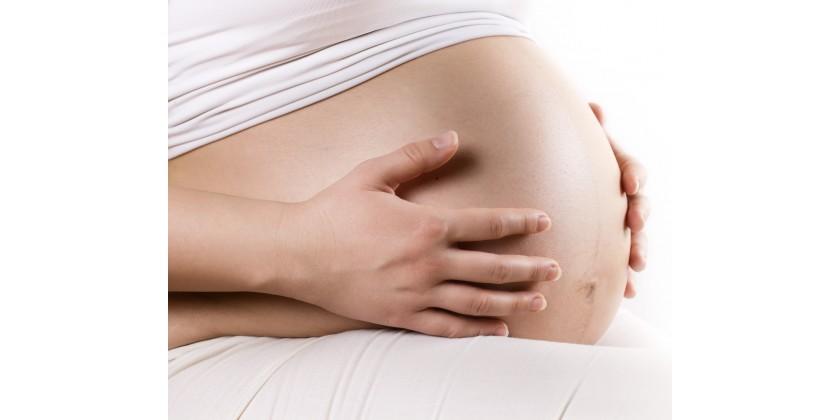I love this cushion cover for my husband’s wheel chair cushion. It has kept it as clean and smell free as possible. It is easy to clean as well. I will be ordering another one as a backup
bottom and arms great. top did not fit. like the concept and the bottom so I will continue to use
This looks good in the black color as expected, and fits the dimensions of my 2025 Mazda CX-50 passenger bucket seat nicely. It is easy to install. I hesitate to give a full 5 stars when I have yet to have anyone ride with it yet, to see if it shifts around or has any other problems, but the item appears well made, and I hope if I ever have a passenger with an incontinence episode, it will serve its purpose well. I do think it's rather pricey, but no other product I searched had both features, waterproof backing AND absorbent surface. Hoping it will prove worth what I paid. Thank you :-)
This cover is awesome! Fits great and looks really nice!
Thank you for your kind words! We are thrilled to hear that our incontinence chair covers have exceeded your expectations. We strive to provide high-quality products that not only fit well but also look great. Have a wonderful day!
Thank you,
Cindy



